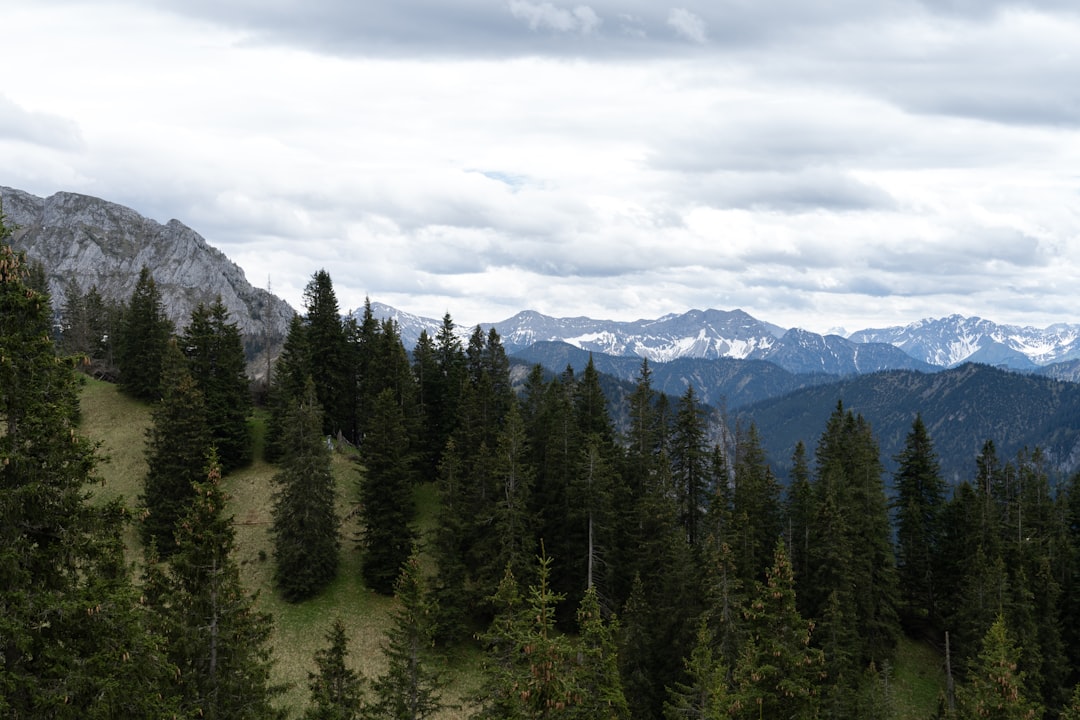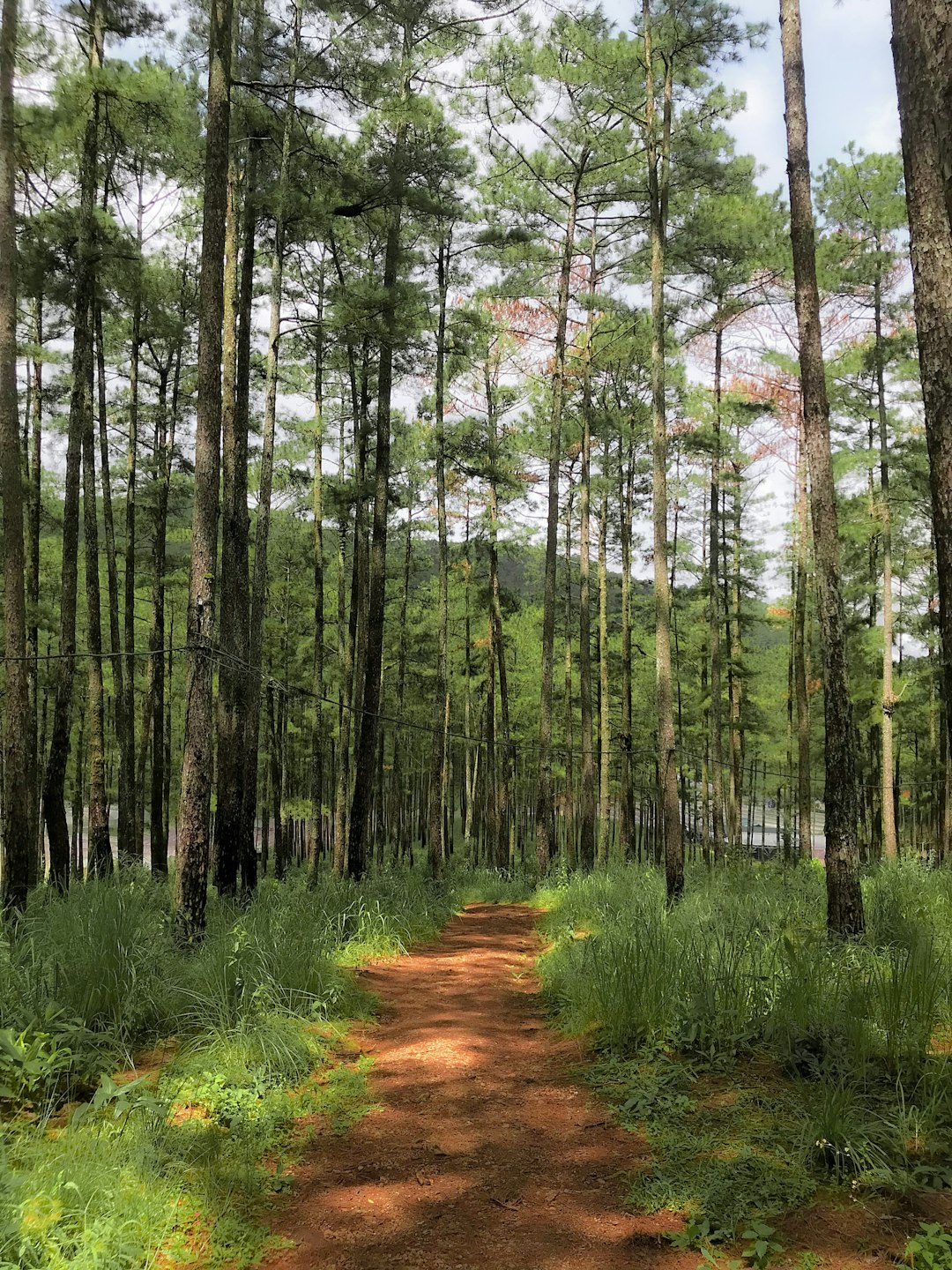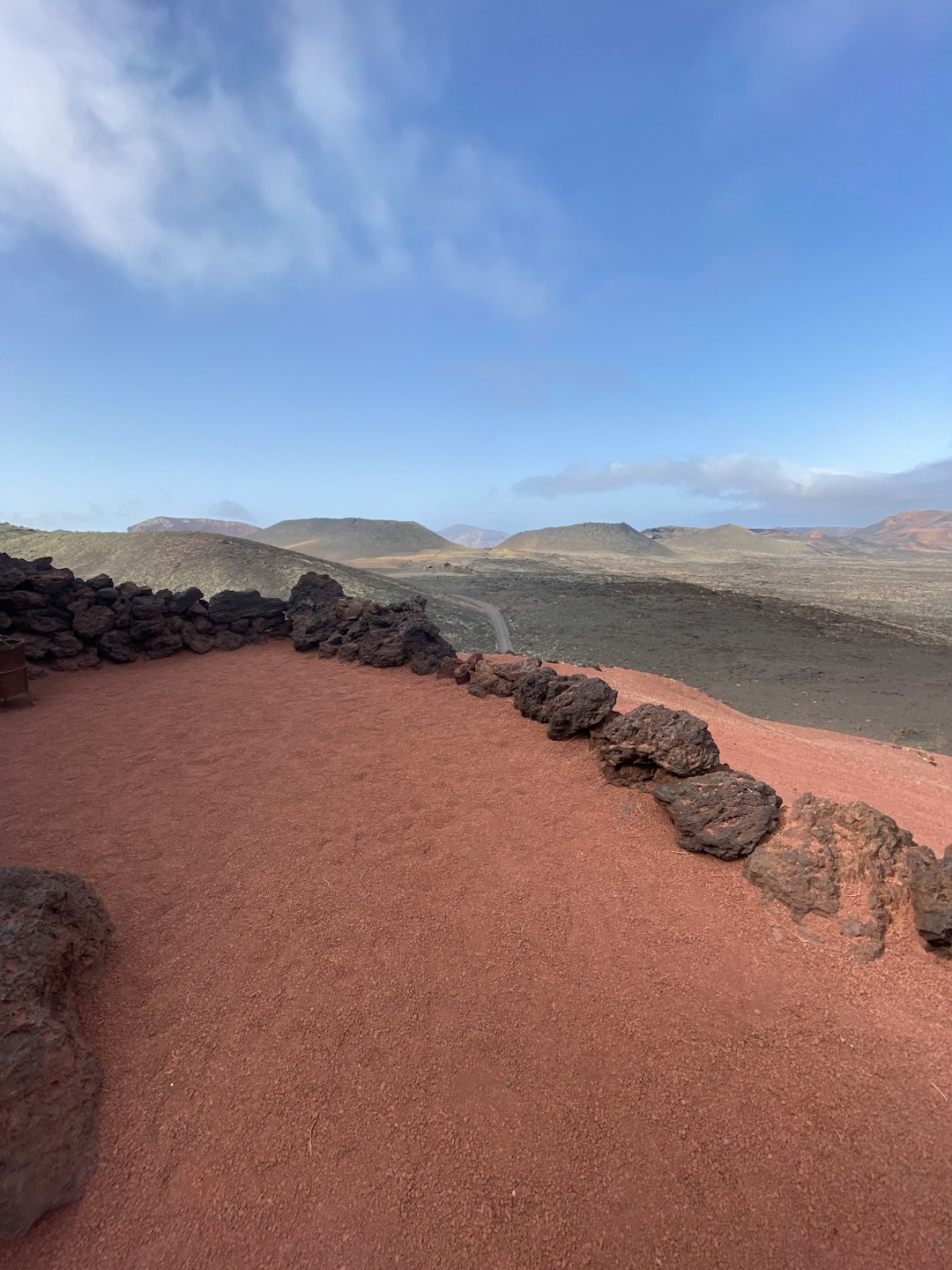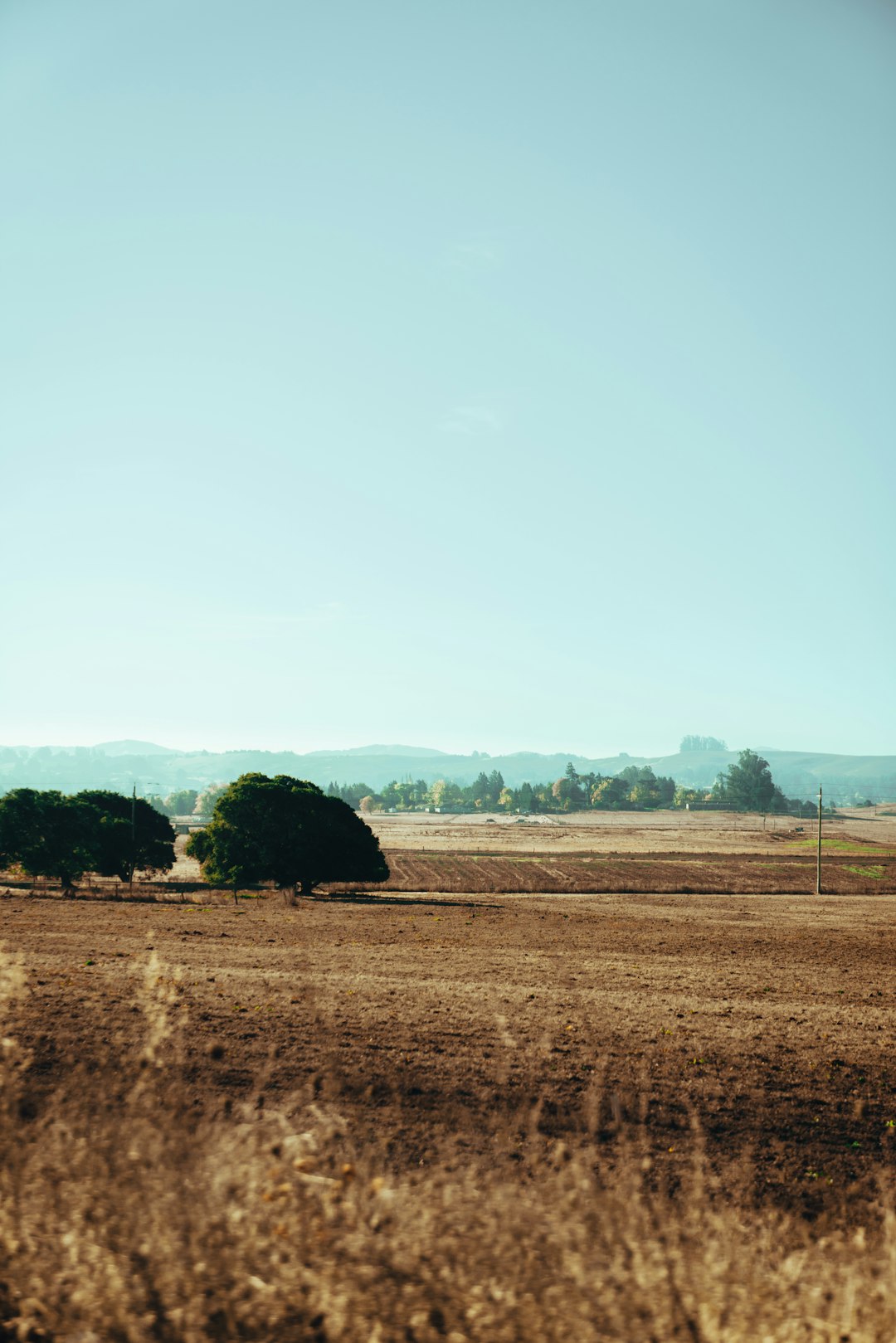

Gaining a firm grasp of the local land market is the first step toward a successful sale. The real estate market in Arkansas is as diverse as its landscape, exhibiting particular dynamics in the rural areas that differ notably from urban centers. The influx of buyers seeking refuge in the natural beauty and serenity of The Natural State has led to a heightened interest in rural properties. Potential buyers are drawn to the state's affordable land, scenic countryside, and investment opportunities.
Arkansas’s rural land market saw a boom in the past few years, attributed to lifestyle changes and shifting preferences post-pandemic. Recent trends show that recreational land for hunting, fishing, or simply escaping the bustle of city life has surged in popularity. Additionally, the state's agricultural potential continues to play a significant role in attracting buyers, with the Delta region remaining a hotspot for farmland transactions.
Understanding current trends and regional demand is essential when positioning your property in the market. Keep a close eye on sales data, land use patterns, and economic indicators that can give you an edge in anticipating the needs and desires of prospective buyers.
Several critical factors can influence the value of rural land in Arkansas. Accessibility is among the top considerations; land that is easily accessed via major highways or well-maintained roads often fetches a higher price. The property’s proximity to amenities such as towns, healthcare facilities, and schools can enhance its appeal and thereby its value.
Topography and usable land area also have a significant impact on a property's marketability. Rolling hills, level ground, and picturesque views can add to a parcel’s charm, while too much rugged terrain may deter some buyers. The presence of water bodies, such as streams, rivers, or lakes, on or nearby the property, is another value-add, especially for those seeking recreational areas or agricultural usage that requires irrigation.
Existing improvements and infrastructure, such as fences, barns, wells, or even a decent home, can enhance land value, as can the presence of timber or mineral rights that provide additional revenue opportunities. Keep in mind, the uniqueness of your property can also play a vital role in attracting attention in the marketplace.

Selling land for cash in Arkansas can be an exciting and rewarding venture, but it requires careful planning and understanding of the various steps involved.. Whether you are an individual looking to liquidate an inherited property or a real estate investor seeking to offload assets, knowing how to navigate the process smoothly is essential. The first step in selling Arkansas land for cash is preparing the land for sale.
Posted by on 2024-09-30

Selling land quickly for cash in Arkansas, or anywhere else, requires a strategic approach tailored to attract the right buyers efficiently.. Whether you are dealing with vast acres of farmland, a scenic plot by the Ozarks, or a piece of property in Little Rock, understanding the market dynamics and leveraging effective selling techniques can make all the difference.
Posted by on 2024-09-30

Selling land for cash in Arkansas can be a straightforward process, but it requires attention to detail and a clear understanding of the legal and financial aspects involved.. Whether you're a seasoned real estate investor or someone selling property for the first time, knowing what steps to take can help ensure a smooth transaction. First and foremost, it's important to prepare the land for sale.
Posted by on 2024-09-30

Selling your Arkansas land for cash can offer a multitude of benefits that cater to both immediate financial needs and long-term strategic goals.. Whether you own a sprawling tract of farmland, a residential lot, or an undeveloped parcel in the Natural State, converting your land into liquid assets can provide both security and flexibility. Firstly, selling your land for cash ensures a swift and straightforward transaction.
Posted by on 2024-09-30
Preparation is key to creating a positive first impression and attaining the best possible price for your rural land in Arkansas. Start by addressing any glaring issues such as boundary disputes, zoning complications, or land encroachments, which can quickly turn off potential buyers. Ensuring all documentation is up-to-date, including property deeds, survey maps, and titles, will prevent hitches down the line.
Simple improvements like clearing overgrown brush, repairing fences and gates, and maintaining access roads can go a long way in showcasing the property's potential. Your land should look cared for—this signals to buyers that the property has been well-maintained, which can help fetch a higher price. Additionally, it would be wise to consider professional land staging services if your property includes residential or commercial structures.
Lastly, consider getting appraisals or environmental assessments if you believe they could enhance the perceived value of your land. Transparency regarding land condition and potential can establish trust with prospective purchasers.


When it comes to marketing rural property in Arkansas, employing a multi-faceted approach is essential. Traditional methods like listings in local newspapers and real estate magazines still hold weight, but the Internet reigns supreme in today's digital-first world. Utilize online listings, social media platforms, and real estate websites to broaden your audience reach.
High-quality photography and drone videography can provide stunning visuals that showcase the full extent and beauty of your rural land. These visuals can be particularly influential in making your property stand out in the digital landscape. Don't undervalue storytelling; sharing the history or unique aspects of your land can resonate with potential buyers on an emotional level, which is often a driving force behind their purchasing decisions.
Networking with local businesses, agricultural cooperatives, and participating in community events can also help spread the word about your property. Moreover, targeted marketing towards specific demographics interested in farming, hunting, or outdoor recreation can lead to a faster sale.
Establishing an appropriate price is one of the most challenging aspects of selling rural land. A price too high can deter buyers and cause the property to languish on the market, while a price too low may lead to a swift sale but at the expense of potential profits. To avoid these pitfalls, comprehensive market analysis must be conducted.
Consider the selling prices of similar properties in the area, also known as comparables or comps, and take into account the factors mentioned earlier that can influence land value. Adjust your expectations based on how your property stacks up against others in terms of amenities, location, and condition. Hiring a professional appraiser can provide a well-justified price point, which can be instrumental in facilitating negotiations.
Supply and demand play a big role in the Arkansas land market; therefore, staying cognizant of broader market conditions is vital. Timing your sale to coincide with a seller's market, when demand exceeds supply, can lead to a more favorable sale price.


Selling rural land in Arkansas encompasses various legal considerations, the complexity of which depends on the specifics of the property and the sale. For starters, it’s paramount to ensure a clear title, which involves resolving any liens, encroachments, or easements that might be associated with the land. This process often includes title searches and sometimes legal action to clear any defects.
Understanding local zoning laws and regulations, which can control land use and divide properties into zones like residential, agricultural, or commercial, is also critical. This knowledge can aid in setting honest expectations for potential buyers and preventing legal disputes post-sale.
Arkansas does require specific disclosures, such as knowledge of mineral rights or past flooding issues. It's crucial to disclose such information upfront to avoid liability and ensure a smooth transaction. Enlisting the services of a real estate attorney familiar with rural land transactions in Arkansas can save you from potential legal headaches and ensure compliance with all state and local laws.
Choosing an experienced real estate agent can be transformative in the sale of your rural land. Look for agents with a proven track record of selling similar properties and who possess a deep understanding of the Arkansas land market. A good agent will help you navigate market complexities, set a competitive price, and devise a strong marketing strategy.
Interview multiple agents and inquire about their sales history, marketing approaches, and what sets them apart from others in the business. You want someone who is not only knowledgeable but also has a strong network and can connect you with potential buyers who are looking precisely for a property like yours.
Additionally, do not overlook the importance of communication skills. Your agent should be easily reachable and willing to keep you informed throughout the sales process. After all, selling property is a significant transaction, and having someone by your side providing guidance and reassurance makes the journey much less daunting.

Check if the land has access to essential utilities such as water, electricity, gas, sewage systems, and internet services. The cost of connecting these services can significantly impact your overall budget.
Identify the desired location based on factors like proximity to amenities, climate, soil quality, zoning laws, and long-term investment potential. Your purpose for buying (e.g., residential use, farming) will influence this decision.